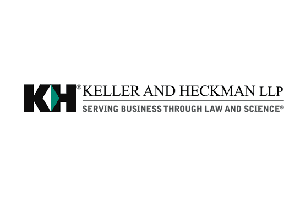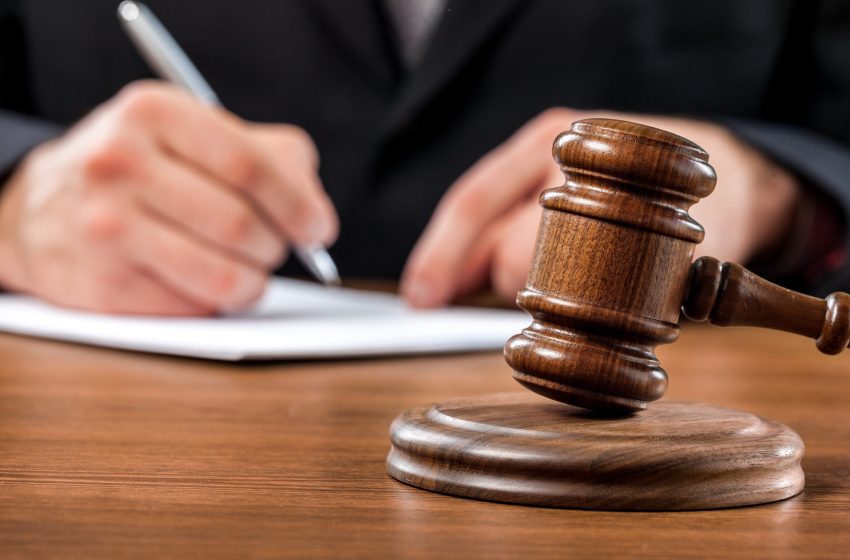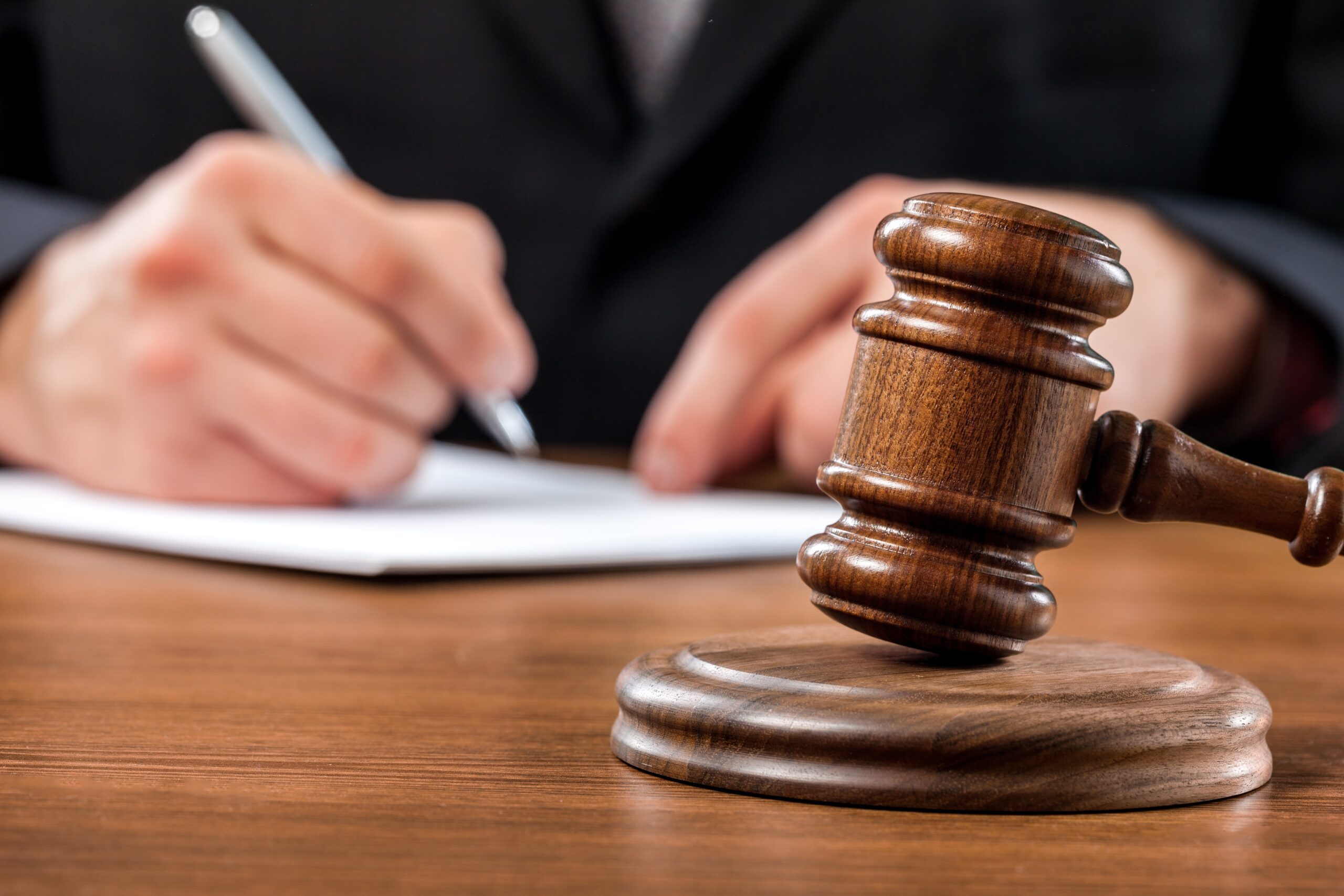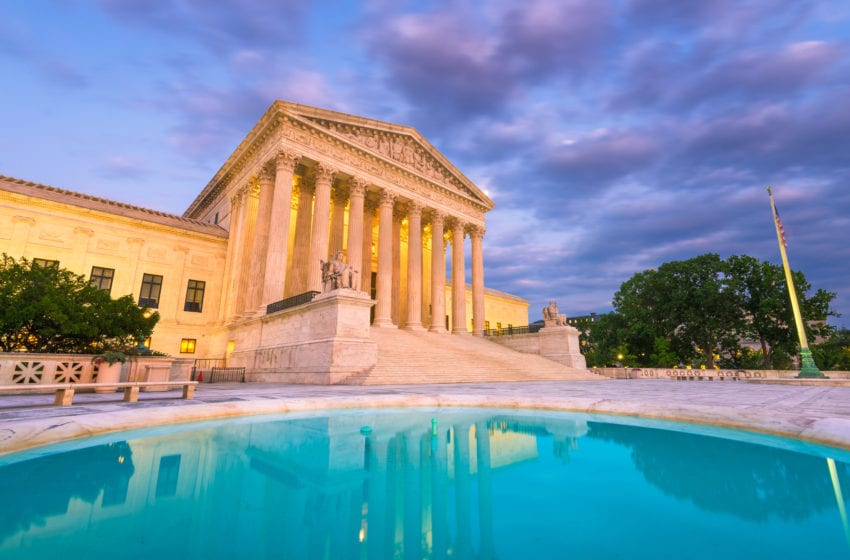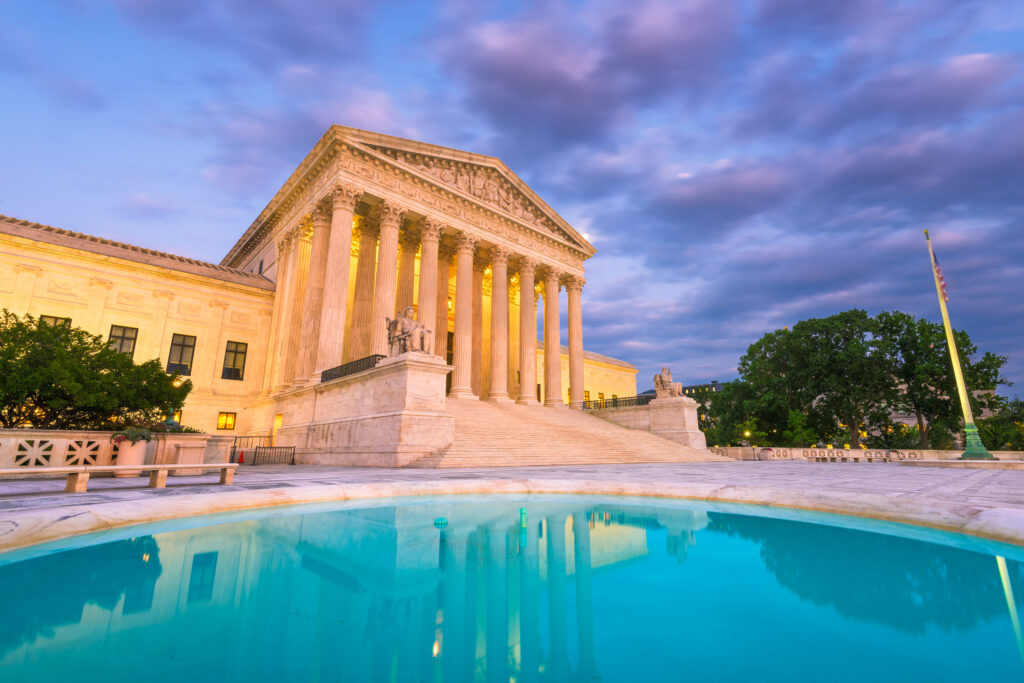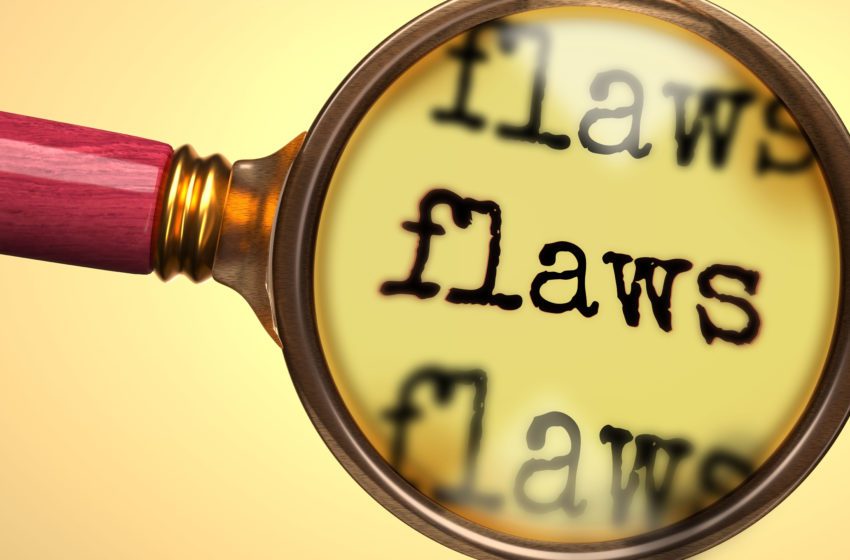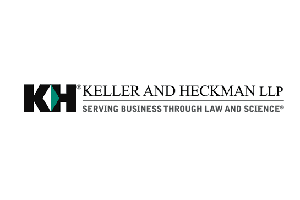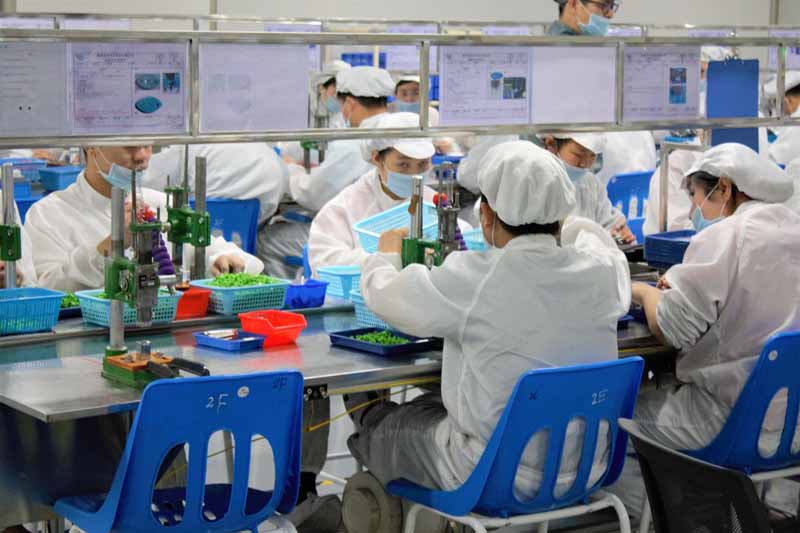President Biden on Tuesday is expected to sign a $1.5 trillion spending bill that funds the government through September and includes a rider that places synthetic nicotine products under the authority of the U.S. Food and Drug Administration. The Senate passed it late Thursday night by a 68-31 margin. Biden signed a stopgap measure Friday that averts a partial government shutdown that would otherwise have occurred midnight Friday.
The rule will become law 30 days after the bill’s signing date. Manufacturers of currently marketed synthetic products would have an additional 60 days to file a premarket tobacco product application (PMTA) without being subject to FDA enforcement—unless the FDA has already denied a non-synthetic version of the same product (meaning those manufacturers would be subject to enforcement 30 days after the passage of the bill).
Azim Chowdhury, a partner with the law firm Keller and Heckman said that the way he interprets the rule is that all synthetic products already on the market or newly marketed within 30 days after the enactment date can continue to be marketed during the 60-day period following the enactment date.
The language of the Tobacco Control Act would change to define a tobacco product as “any product made or derived from tobacco, or containing nicotine from any source, that is intended for human consumption,” when Biden signs the bill into law.
Products subject to timely submitted PMTAs can remain on the market for 90 days after the effective date, which is 120 days after enactment. Any product not authorized by FDA within 120 days of enactment must come off the market, according to Chowdhury.
“We do not anticipate FDA authorizing any synthetic nicotine products by the end of the 90-day period, though they may take another fatal flaw approach to quickly deny applications,” said Chowdhury. “Significantly, the rider in its current form indicates that a synthetic nicotine version of a product that already went through the PMTA process and is subject to a Refuse-to-Accept (RTA), Refuse-to-File (RTF), Marketing Denial Order (MDO), or withdrawal of a marketing order would have to come off the market as of the effective date – i.e., after 30 days of the law’s enactment.
“In simpler terms, for products that were previously formulated with tobacco-derived nicotine (and the only change was a switch to synthetic nicotine) and whose PMTAs have already been refused or denied, those products will effectively be banned on the effective date (30 days after enactment) with no opportunity to submit a new PMTA. (This is Congress’ way of punishing companies whose PMTAs were denied and then, in their view, sought to circumvent the law by switching to synthetic nicotine).”
Beyond the PMTA conditions, manufacturers of synthetic nicotine products would be subject to ‘all requirements of the regulations for tobacco products. Chowdhury said he and his team interpret this to include all additional Tobacco Control Act requirements, including tobacco product establishment registration and product listing, ingredient listing, ensuring that labeling is compliant including required warning statements, and health document submissions, among other.
April Meyers, board president for the Smoke-Free Alternatives Trade Association (SFATA), wrote in a release that her organization is disappointed by the Biden administration’s use of earmarks in a omnibus appropriations bill without giving an adequate amount of time for interested parties to review and discuss the rule.
She stated that the vaping industry has helped millions of American adult consumers that have relied on flavored vapor products for over a decade to successfully remain combustible tobacco-free.
“Sadly, it is those consumers who will pay the ultimate price of this legislation,” she said. “Over the last decade of SFATA’s existence, we have fought diligently to keep flavored products accessible to smokers. Any battle lost means consumers are potentially driven back to deadly combustible cigarettes, and therein lies the real tragedy.
“It is shameful that public health officials prefer to carve legislation with a butcher’s knife, rather than with the skill and precision of a scalpel better served to ensure the nation’s public health.”
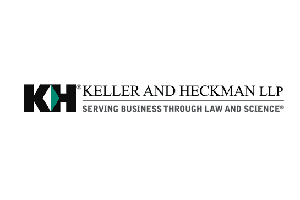 Keller and Heckman will hold its nineth Annual E-Vapor and Tobacco Law Symposium Jan. 27-28, 2025, in Las Vegas, right before the Total Product Expo. This two-day seminar is designed to provide in-depth knowledge on legal, regulatory and scientific issues that are essential for tobacco, nicotine and CBD/hemp product manufacturers, suppliers, distributors and retailers.
Keller and Heckman will hold its nineth Annual E-Vapor and Tobacco Law Symposium Jan. 27-28, 2025, in Las Vegas, right before the Total Product Expo. This two-day seminar is designed to provide in-depth knowledge on legal, regulatory and scientific issues that are essential for tobacco, nicotine and CBD/hemp product manufacturers, suppliers, distributors and retailers.
